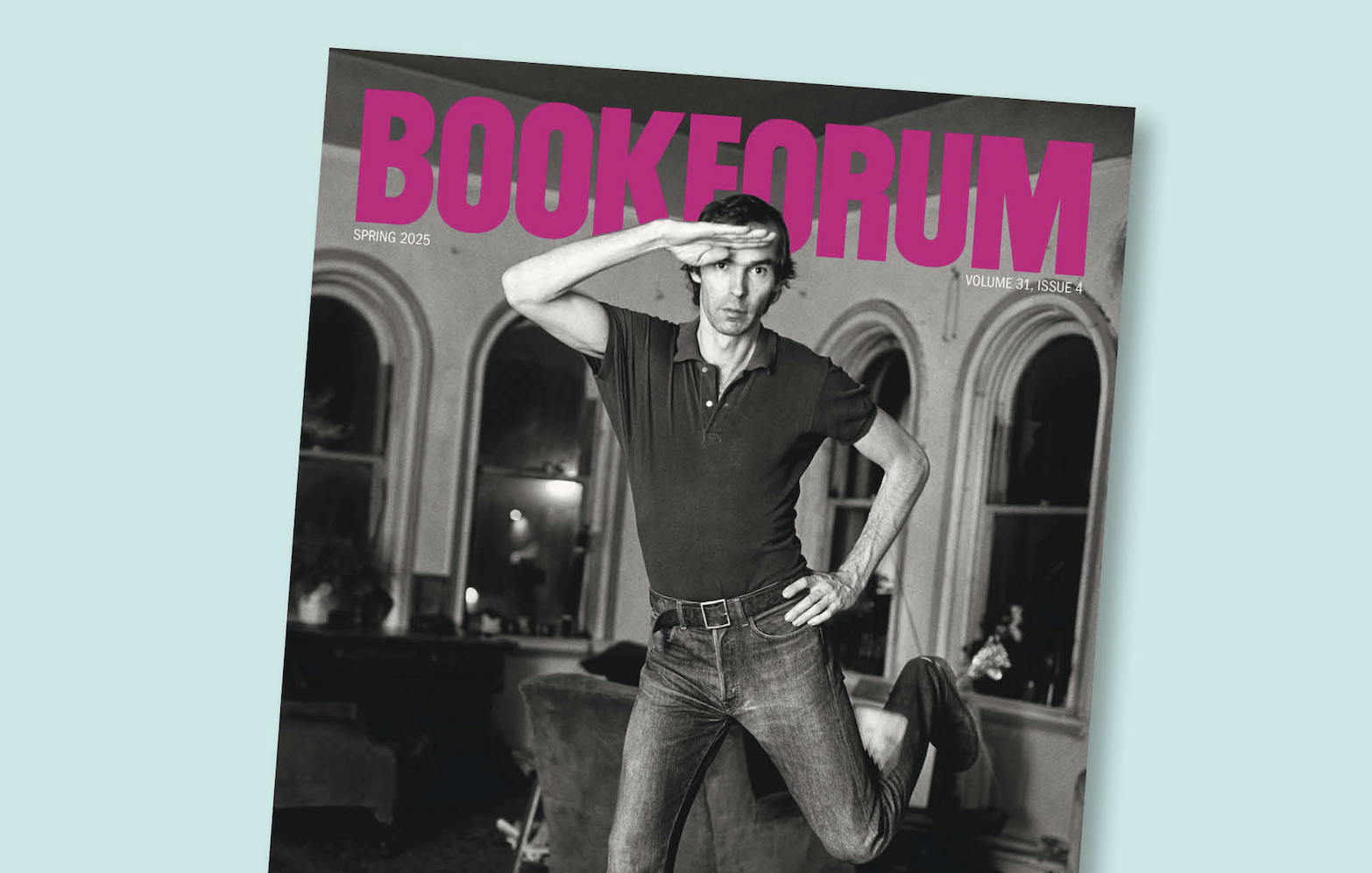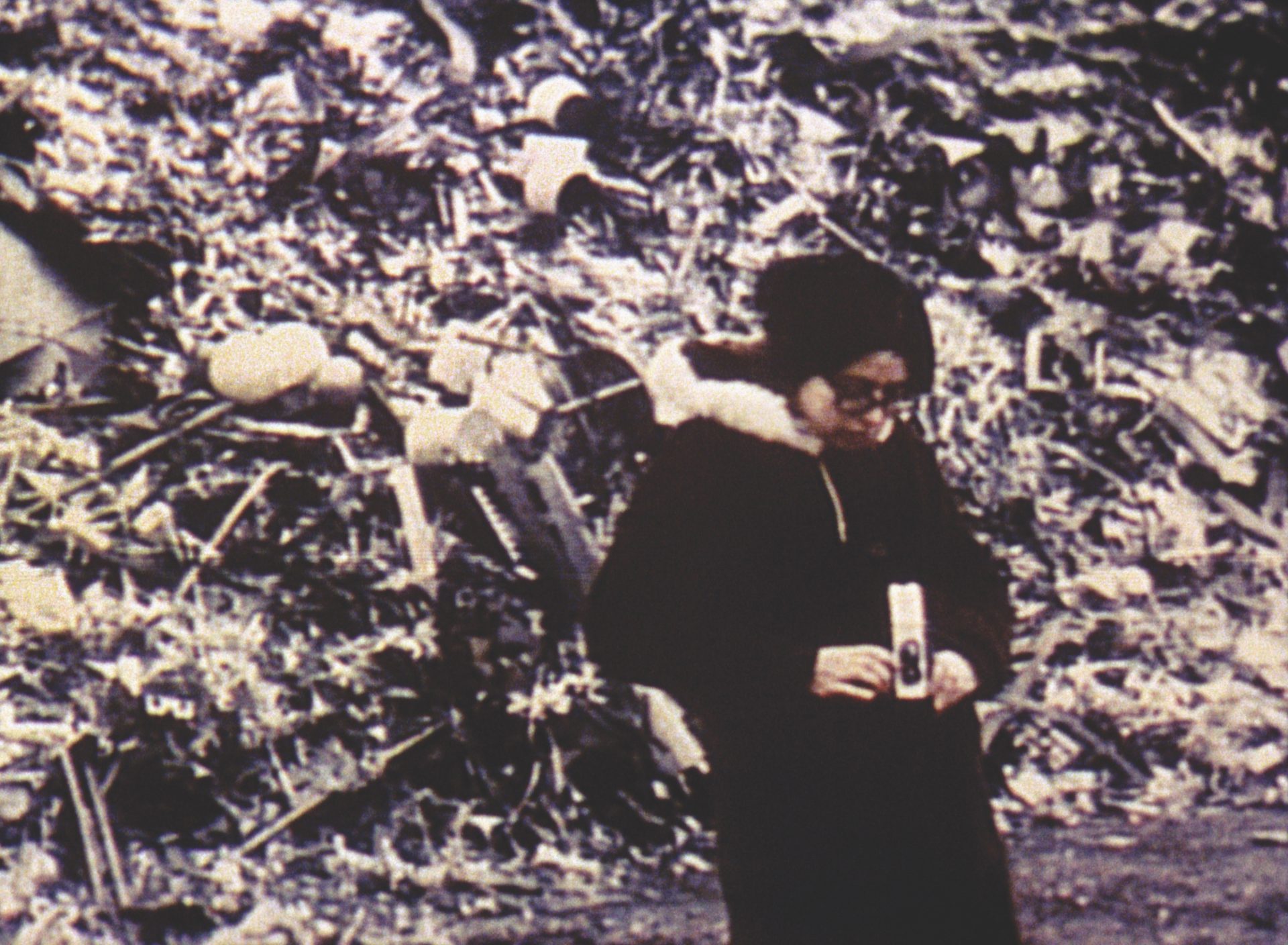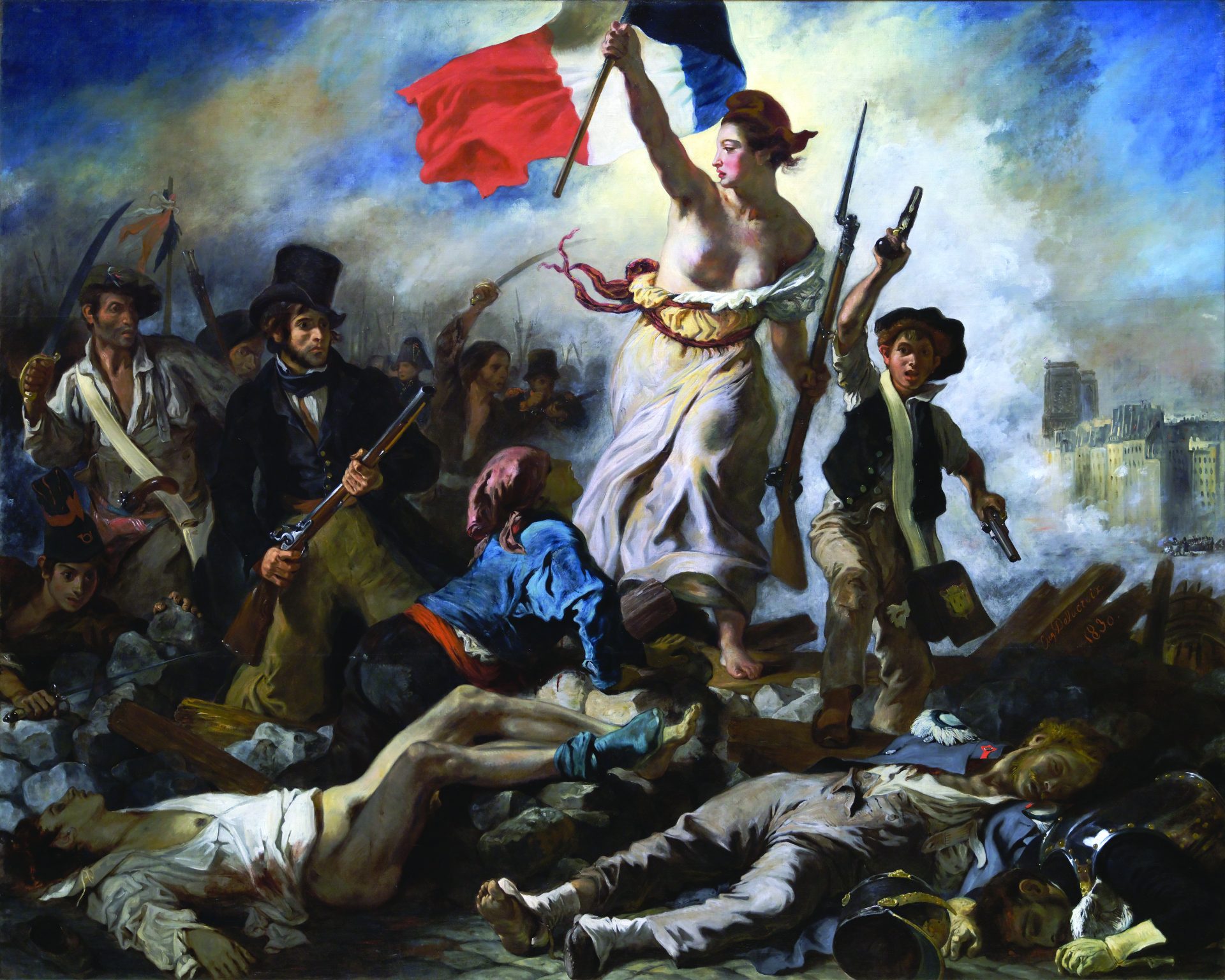
When Ross Raisin’s debut novel, Out Backward, was published in Britain earlier this year, it created a moderate stir. The book is currently on the long list for the Dylan Thomas Prize, and the accolades he received yielded a lucrative two-book deal. Despite this acclaim, the author has kept his day job as a London waiter, demonstrating the Yorkshire modesty that permeates the world of this intimate novel.
Raisin’s narrator is Sam Marsdyke, a lonely young man who has recently been expelled from school and has little choice but to work alongside his taciturn father on their sheep farm in rural Yorkshire. Marsdyke’s peculiar voice animates this story from its first moments, in which he encounters a group of upper-class tourists and pelts them with sheep-shit-encrusted stones. “Ramblers,” he complains, “daft sods in pink and green hats.” Although he is unable to express his thoughts to the people around him, Marsdyke is in constant imagined dialogue, not only with these same people but with almost anything he comes across: sheepdog pups, freshly picked mushrooms, chickens, even the picture of a chef on a cookbook cover.
Marsdyke’s speech is steeped in the colloquialisms of Yorkshire and shot through with his own made-up words. The comic potential of this voice (as well as its capacity for savagery) is illustrated by a conversation Marsdyke invents between a breeding ram and the other ram in the pen, a “poor castrated sod who kept himself pot-of-one the rest of the year waiting for his charver the tup to come and stay, though I didn’t know what the bugger it was them two had to talk about. Been up to much lately, oh, you’ve been rutting have you, that’s nice, I don’t much go in for that myself these days, not since my knackers were sliced off.”
An unreliable storyteller, Marsdyke still draws our sympathy because of the depth of his interiority. We learn the terrible reason for his expulsion from school (the attempted rape of a female student), yet it is difficult to break the spell of this lively, folksy world. When the protagonist becomes infatuated with the new neighbors’ teenage daughter, tension emerges, not from any unexpected twists but from the dread of the inevitable. As his delusions about the girl are forced to the surface, the reader is compelled to abandon allegiance to him, and his once-charming monologue becomes pickled with menace. After a particularly disturbing scene, Marsdyke imagines talking to a lame seagull he calls Hobble-Hop: “Wait until I told Hobble-Hop about all this that’d happened. He’d pop his clogs.” Readers, of course, have long since popped theirs.
In the UK, Raisin’s novel was published as God’s Own Country, an affectionate way of referring to the Yorkshire landscape. In the context of the book, however, it is an ironic label, for this novel’s real country is Marsdyke’s mind, and it could not be further from the divine. For Raisin to master the voice of a monster is an accomplishment itself, but to give that monster such fragility is a truly electrifying achievement.






